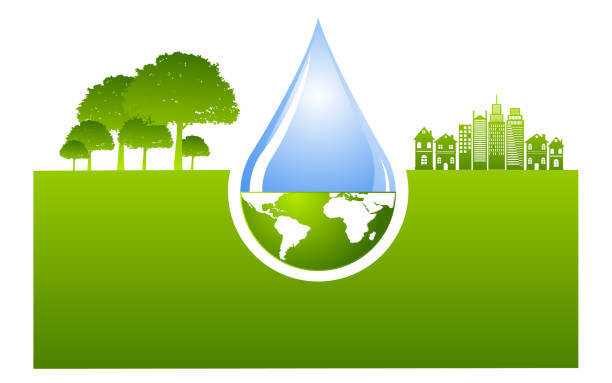- 1-905-452-8193
- Contact Us
- Member Login
- Get Listed Today
- 220,911 members

Saving water at home is becoming increasingly important in today’s world. With a growing population, access to clean and safe drinking water with the help of a plumber Brisbane North is limited. Therefore, saving and conserving water should be a priority in everyone’s homes.
Saving water is an important part of living a sustainable lifestyle. Not only does it help to conserve the planet’s resources, but it can also save you money on your monthly utility bills. Whether you’re already taking steps to reduce your water consumption or are just getting started, these helpful tips will help you successfully save water at home. From simple measures like checking for leaks and installing low-flow fixtures to more involved strategies like collecting rainwater or growing a drought-resistant garden, we have something for everyone!
Read on to learn how to make the most of every drop of precious H2O!
Fix leaking taps and pipes as soon as possible
Leaking taps and pipes can cause upwards of 30 gallons of wasted water each day! Make sure you check for any signs of leaks and get them fixed quickly.
Avoid leaving the tap running while brushing your teeth or washing dishes
This can waste up to 5 gallons of water every minute! Instead, fill up a basin with soapy water when washing dishes and a cup for when brushing your teeth.
Install a low-flow showerhead
Shower heads with high water pressure consume significantly more water than those that are designed to conserve water. Investing in a low-flow shower head can help you reduce the amount of water used each time you take a shower.
Use your dishwasher efficiently
Only use your dishwasher when it’s full, as this will minimize the amount of water used per cycle. Also, make sure you select the appropriate cycle for small loads to ensure that you’re not using any more water than necessary.
Don’t let the tap run while washing produce
Instead, fill up a bowl with water and use it to rinse your fruits and vegetables.
Collect rainwater
Installing gutters in your home to collect rainwater can be an easy and cost-effective way of saving water. You can then use the collected rainwater for gardening and other household tasks that don’t involve drinking or bathing.
Reuse grey water
Grey water from sinks, showers and washing machines can be used for watering plants in your yard or garden as long as you avoid using soaps and chemicals when doing laundry or dishes.
Turn off the tap while shaving
It may seem like a small action but this simple step can save several gallons of water per shave!
Adjust the flushing system of your toilet
Low-flush toilets can help save up to 6 gallons per flush, while dual-flush toilets can conserve even more water.
Install a low-flow aerator on your faucet
Aerators are devices that attach to the end of your faucets and reduce the amount of water used without sacrificing performance.
Take shorter showers
Taking shorter showers not only saves you time in the morning but also helps conserve water. Try and limit yourself to no more than five minutes per shower!
Avoid over-watering plants and gardens
Overwatering plants can cause them to become stagnant, meaning they won’t absorb any of the water. Instead, water your plants and gardens with just enough moisture to get the job done.
Use a bucket instead of a hose for cleaning
Hoses can use up to 10 gallons of water per minute! So for everyday cleaning tasks such as washing your car or watering the lawn, opt for a bucket instead.
Reuse leftover cooking liquid
When boiling pasta or vegetables, save the liquid you drained off and use it to water your garden or houseplants. The nutrients in these liquids will help nourish your plants!
Install a rain barrel
Rain barrels are large containers that collect rainwater from gutters and downspouts on roofs which can be used to water plants and gardens. They are a great way to conserve water while also helping to reduce your water bills!
By following these simple tips, you can easily make a difference in the amount of water consumed in your home and help conserve our precious natural resources. It pays to be mindful of how we use this limited resource, so let’s all strive for using it more responsibly and efficiently!
